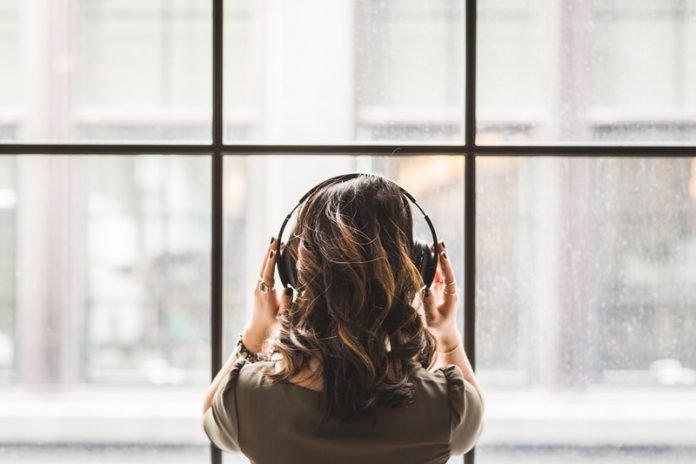
In a new study, researchers found music and dance can have a powerful influence on older adults with dementia.
The research was conducted by a team from the University of Otago.
In the study, the team used familiar, reminiscent music and the natural gestures of a group of 22 people to create an original series of dance exercises.
The aim was to promote a better quality of life for people with dementia by providing memory stimulation, mood moderation, and social interaction.
Performed over 10 weekly sessions, the intuitive movement re-embodiment (IMR) program provided humor, imagination, and intuition which motivated the participants to dance and interact with joy.
The participants reported significant improvements in their quality of life after session six.
They responded to the music greatly and showed enthusiasm in moving to the music regardless of their physical limitation.
Positive responses such as memory recalling, spontaneous dancing and joking with each other were observed in every session.
The team says these observations have certainly reversed the stereotypical understanding of this group of people being passive and immobile.
The music stimulates the people’s responses much better than verbal instructions.
The researchers now intend to expand the pilot study, refining and enlarging the IMR program to better cater to the needs and conditions of the participants.
They hope further research will gain program support and recognition from the medical community.
The team believes the use of arts, including painting, music, drama, and dance, has been undervalued in the clinical field.
The lead author of the study is Ting Choo, Dance Studies Masters graduate.
The study is published in the American Journal of Alzheimer’s Disease & Other Dementias.
Copyright © 2019 Knowridge Science Report. All rights reserved.



